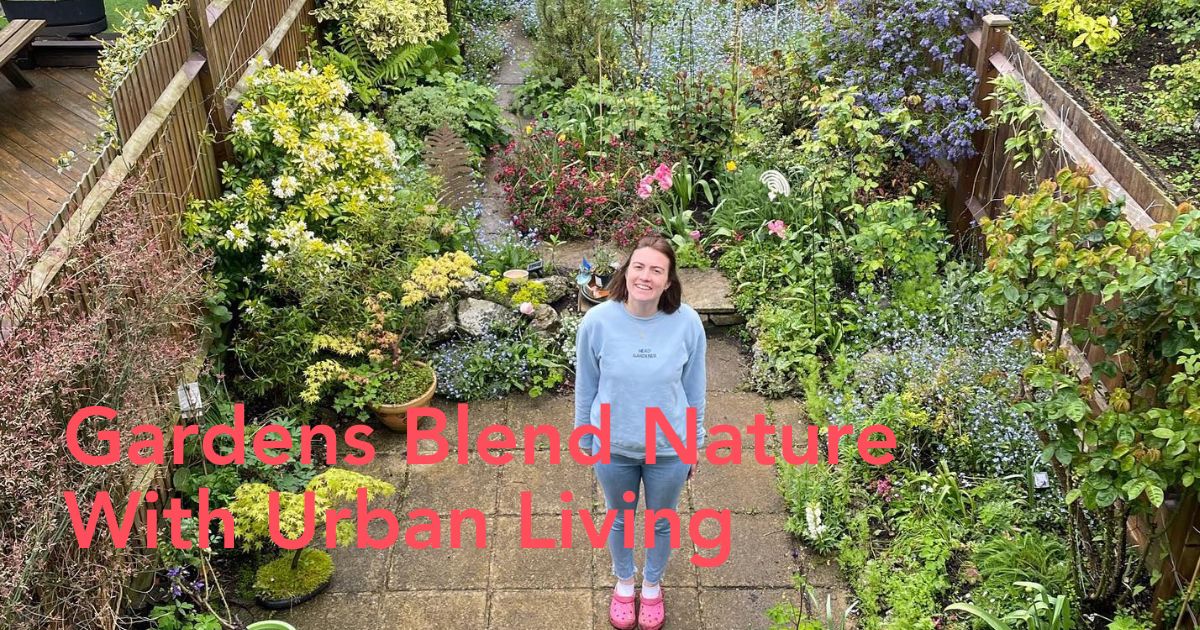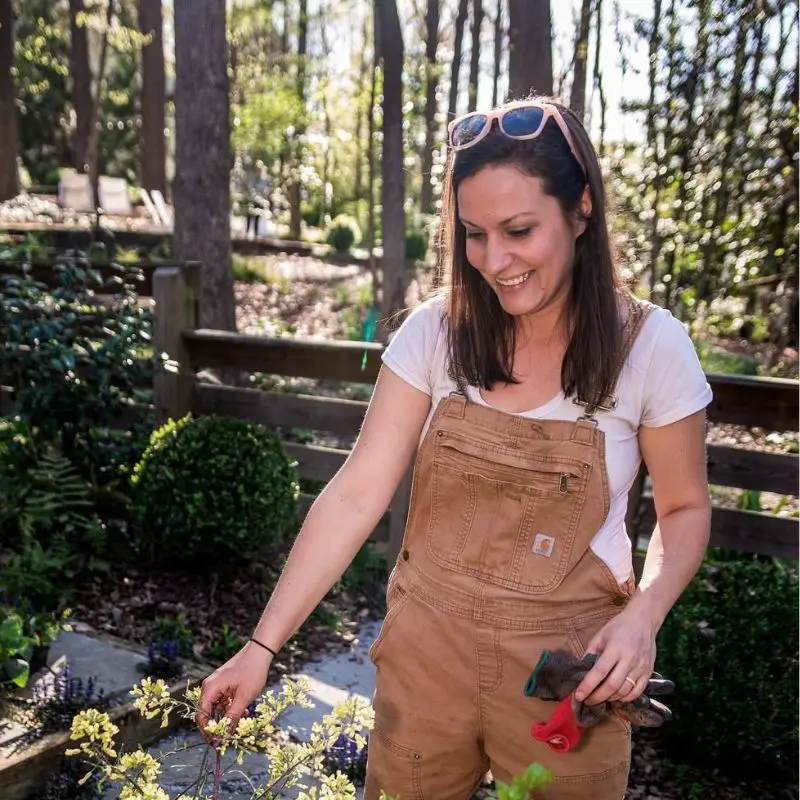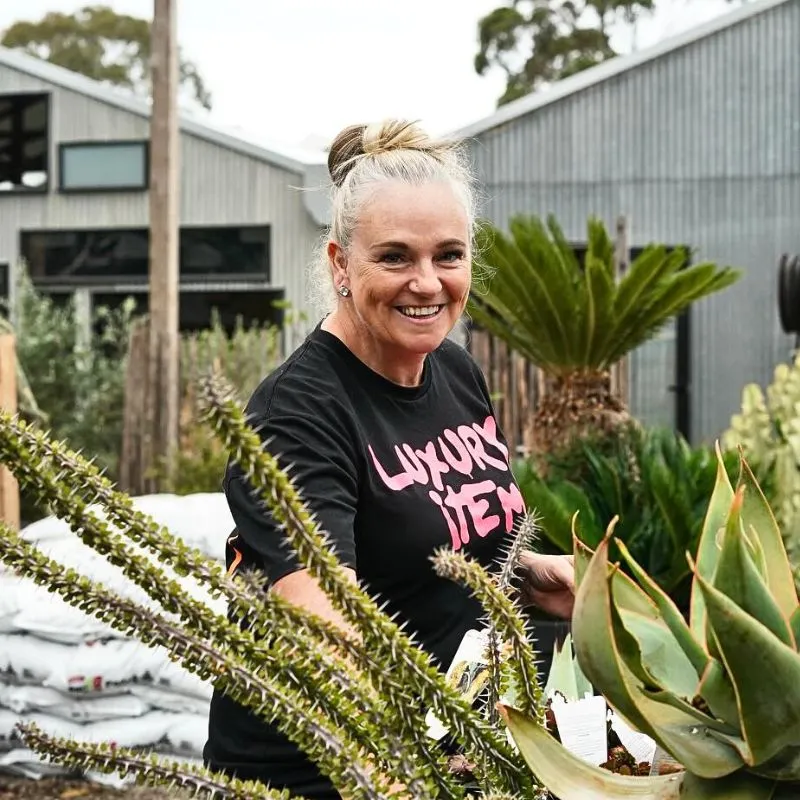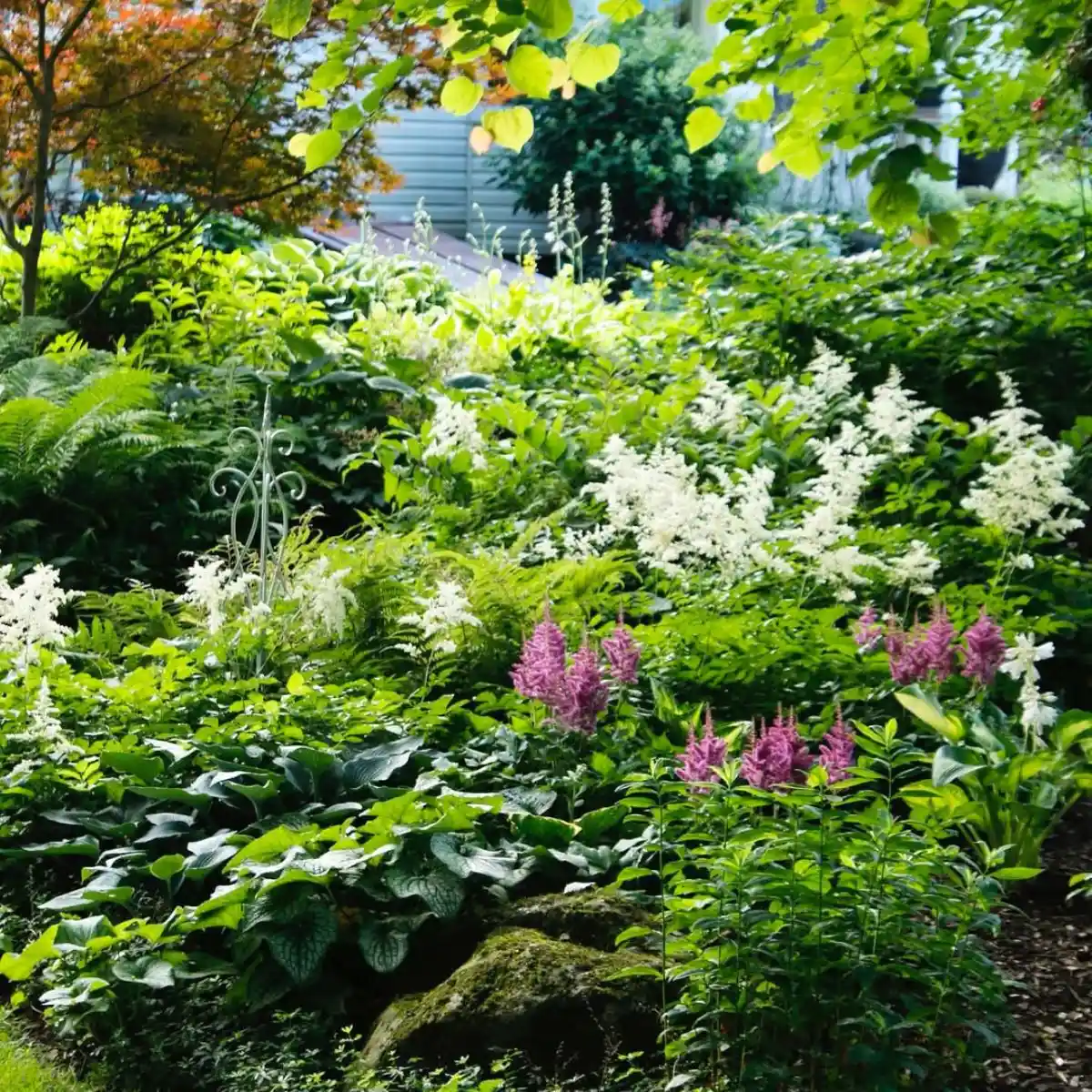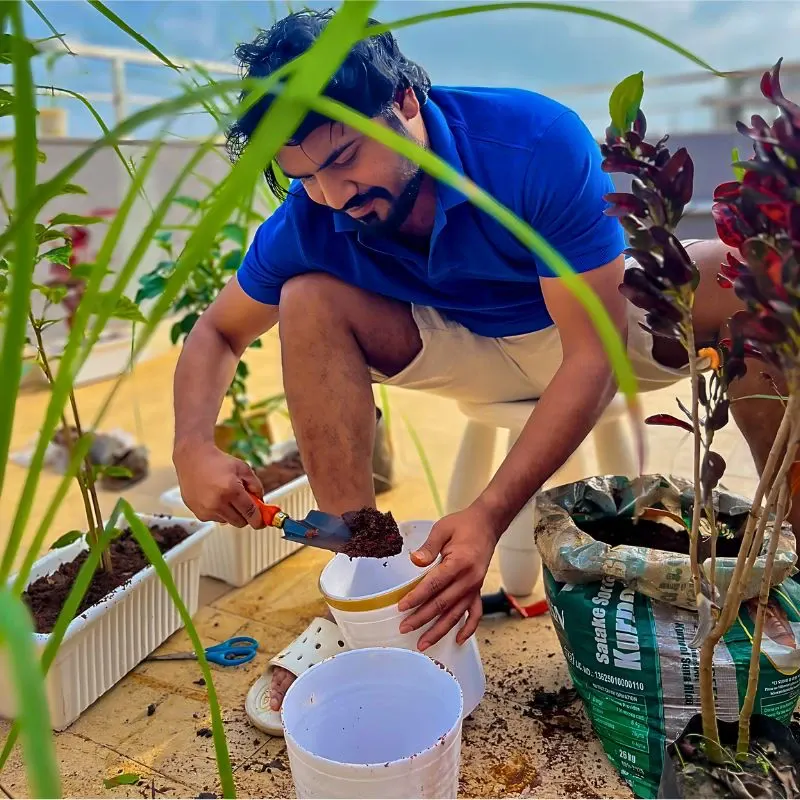Urban gardens transform cityscapes into lush, green spaces, offering a refreshing escape from things like concrete and steel structures.
These small-scale plots thrive on rooftops, balconies, and community lots. They can brighten up spaces, provide fresh produce, and improve the air quality - by absorbing carbon dioxide.
Ultimately, these gardens blend nature with urban living, promoting sustainability in bustling city settings.
However, they need more than just plants to thrive.

Watering Systems Are Crucial for Maintaining Healthy Plants
Effective watering systems are crucial for maintaining healthy urban gardens, ensuring plants receive consistent hydration without wasting resources.
With limited space and varying plant needs, it's essential to choose wisely:
- Drip irrigation provides targeted water delivery directly to the plant roots. This minimizes evaporation and promotes efficient water use.
- Rainwater harvesting systems capture runoff from rooftops or structures. They provide a sustainable water source during dry spells.
- Timed sprinklers automate watering schedules. They offer convenience and reduce the risk of overwatering by distributing just enough moisture based on set intervals.
- Moisture sensors measure soil dampness levels. They help gardeners determine when additional watering is necessary, preventing both drought stress and excessive saturation that can harm plants' health.
Pest Control Strategies Are Critical for Plant Protection
Maintaining an urban garden free of pests requires a combination of strategies that protect plants while preserving the ecosystem.
A proactive approach helps keep infestations at bay:
- Introduce beneficial insects like ladybugs and predatory beetles to naturally reduce harmful pest populations.
- Use companion planting techniques to deter specific pests. For instance, marigolds repel nematodes when planted alongside tomatoes.
- Install physical barriers such as nets or floating row covers over vulnerable crops to prevent insect access without using chemicals.
- Apply organic pesticides derived from natural sources for environmentally friendly protection against persistent invaders.
- Practice regular garden maintenance by removing dead leaves and debris. This eliminates breeding grounds for insects and disrupts their life cycles, promoting an overall healthier plant environment.

Lighting Solutions Play a Pivotal Role in Urban Gardens
Lighting plays a pivotal role in urban gardens, particularly when natural sunlight is limited by tall buildings or inclement weather.
Proper lighting ensures optimal plant growth and extends gardening hours. So:
- Choose full-spectrum LED grow lights that mimic natural sunlight. These support photosynthesis and promote healthy development in a variety of plants.
- Position adjustable light fixtures above growing areas to ensure even coverage as plants mature and their needs change.
- Utilize timers for grow lights to automate daily schedules, ensuring consistent exposure without manual intervention.
- Consider solar-powered options to reduce energy costs while providing necessary illumination during low-light periods.
Additionally, strategic outdoor lighting enhances security by deterring nighttime intrusions, making the garden both productive and safe after dark.
Urban Gardens Require Security Measures
Keeping private and community-based urban gardens secure is crucial for protecting both the plants and those who enjoy them.
A few effective security strategies can make all the difference:
- Install security cameras to monitor activity continuously, deterring vandalism and theft while providing peace of mind.
- Secure tool sheds with strong locks, preventing unauthorized access to valuable gardening equipment and supplies.
- Consider burglar alarm system installation for comprehensive protection, safeguarding not only gardens and tools but also personal safety during evening visits.
- Erect fences around garden perimeters to define boundaries clearly. This reduces entry points and helps keep unwanted visitors out.
- Organize a community watch program, engaging local residents in monitoring activities and fostering a sense of collective responsibility for maintaining the space's safety.

Composting Facilities Are Essential
Integrating composting facilities into an urban garden supports sustainability and enriches soil quality, turning waste into valuable nutrients.
Implementing these systems benefits both the garden and its community. So:
- Set up compost bins or tumblers to process organic waste efficiently. These structures contain decomposition, reducing odors and pests while creating rich humus.
- In community gardens, educate gardeners on acceptable materials for composting, like fruit peels, vegetable scraps, and yard trimmings - to ensure successful breakdown without contamination.
- Establish a clear system for managing the influx of organic matter by rotating piles or bins regularly. This promotes aeration and speeds up the composting process.
- Incorporate finished compost back into planting beds as a natural fertilizer that enhances plant growth without relying on chemical alternatives.
Community Urban Gardens Need Accessibility Features and Educational Signage and Resources
Creating an inclusive community urban garden means considering accessibility for everyone, including those with mobility challenges.
A few thoughtful additions can transform the space into a welcoming environment:
- Design wide, smooth pathways that accommodate wheelchairs and strollers, making it easy for all visitors to navigate the garden comfortably.
- Install raised garden beds at varying heights to allow individuals with limited mobility or those who prefer standing gardening to tend plants effortlessly.
- Provide seating areas throughout the garden where visitors can rest and enjoy the surroundings without physical strain.
- Ensure clear signage with large print and Braille options guides users effectively through different sections of the garden.
- Consider sensory elements like fragrant plants or textured surfaces that engage multiple senses, creating a richer experience for diverse audiences.

Furthermore, community urban gardens can serve as excellent educational spaces, offering insights into sustainable practices and plant care. So, informative signage and resources can enhance the learning experience for visitors of all ages.
You could:
- Install clear signs identifying plant species with brief descriptions of their characteristics, benefits, or historical uses.
- Provide QR codes linked to online resources or videos about gardening techniques and best practices for a digital learning option.
- Develop informational posters that highlight eco-friendly gardening methods such as composting, rainwater harvesting, or pest management strategies.
- Offer printed guides or brochures at garden entrances that detail seasonal planting tips and maintenance schedules tailored to local climates.
- Host workshops or seminars periodically in the garden itself. These events bring community members together while imparting valuable knowledge directly from experts.
The Bottom Line
Expanding urban gardens enriches city environments. They provide vital green spaces amidst concrete jungles, fostering biodiversity and sustainability.
Investing in more urban gardens supports healthier lifestyles and creates a harmonious balance between nature and urban development for future generations to enjoy.

